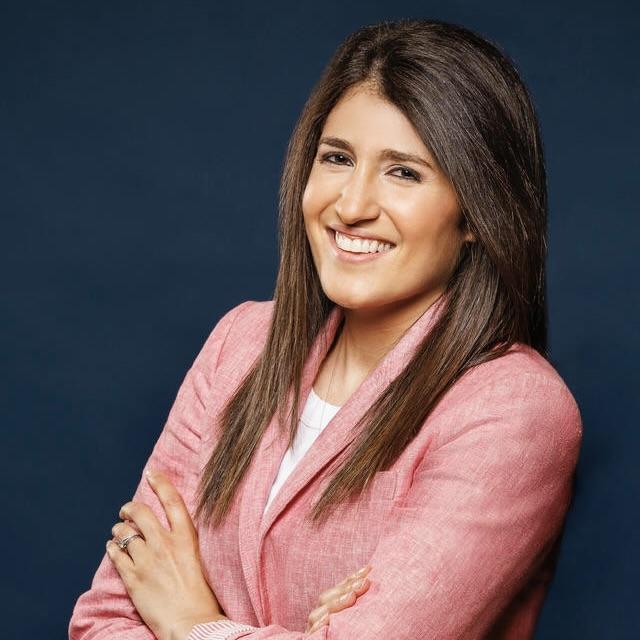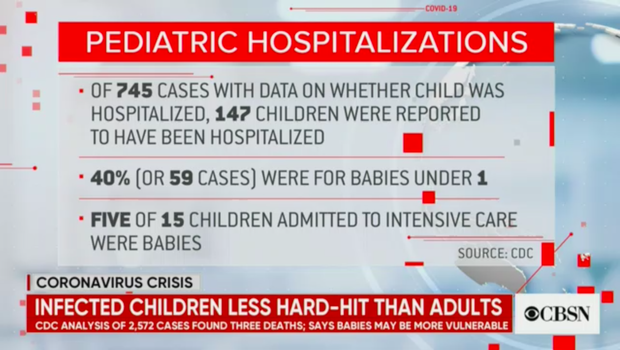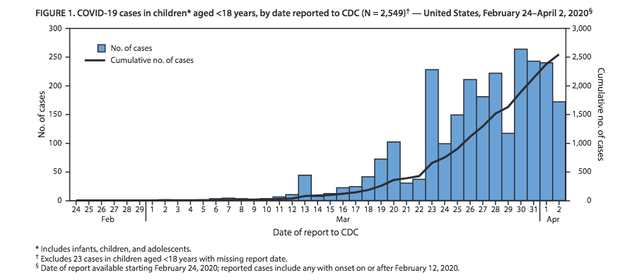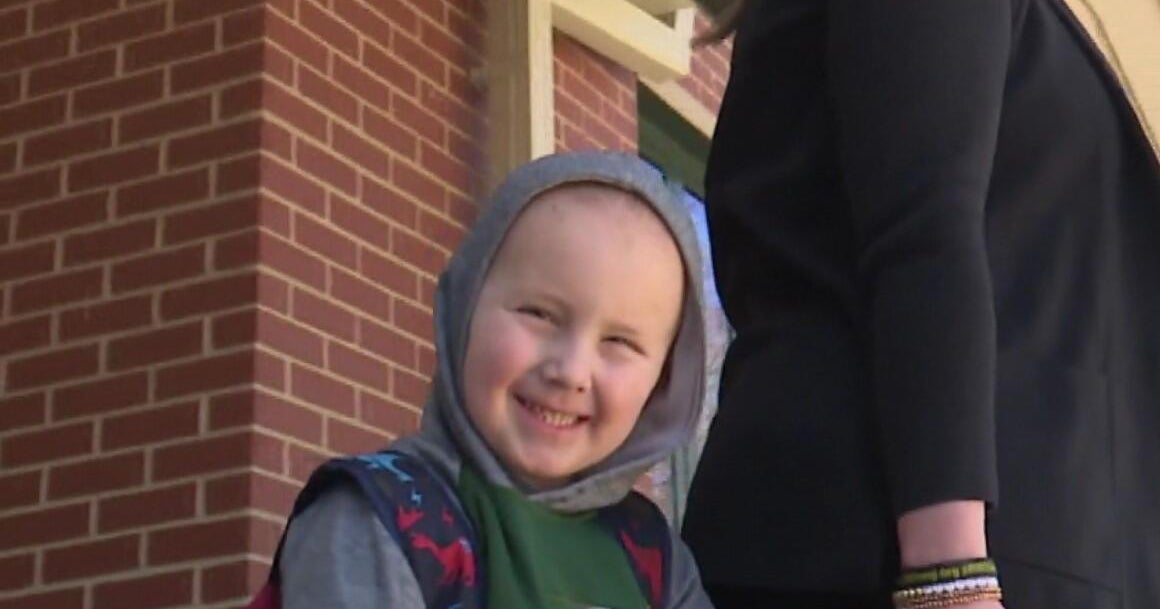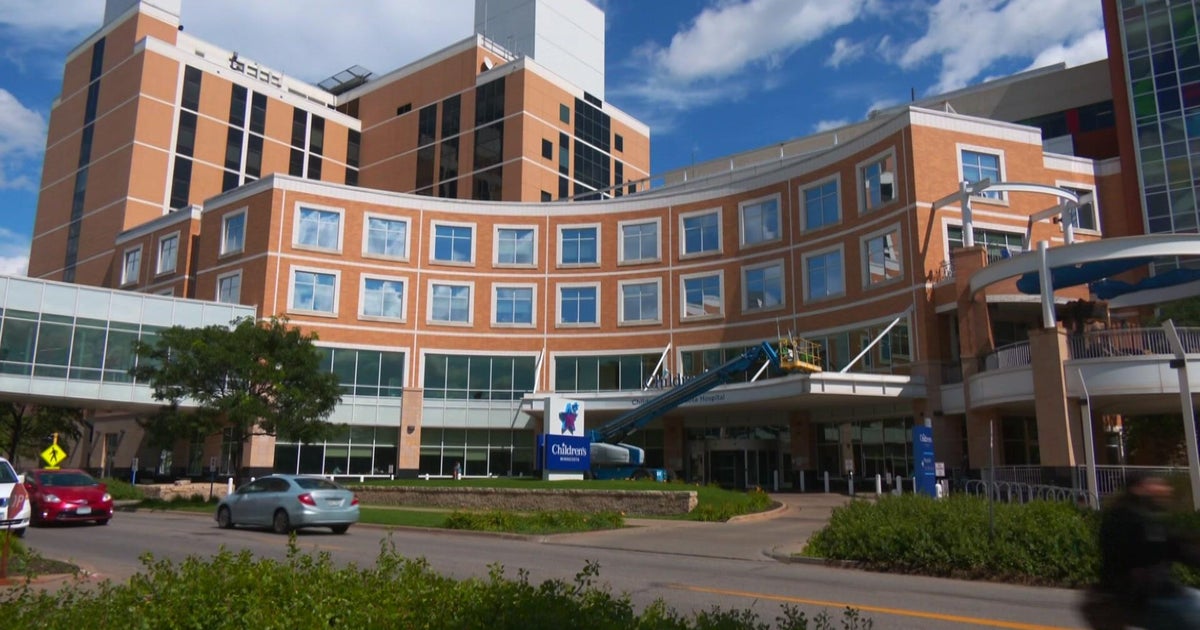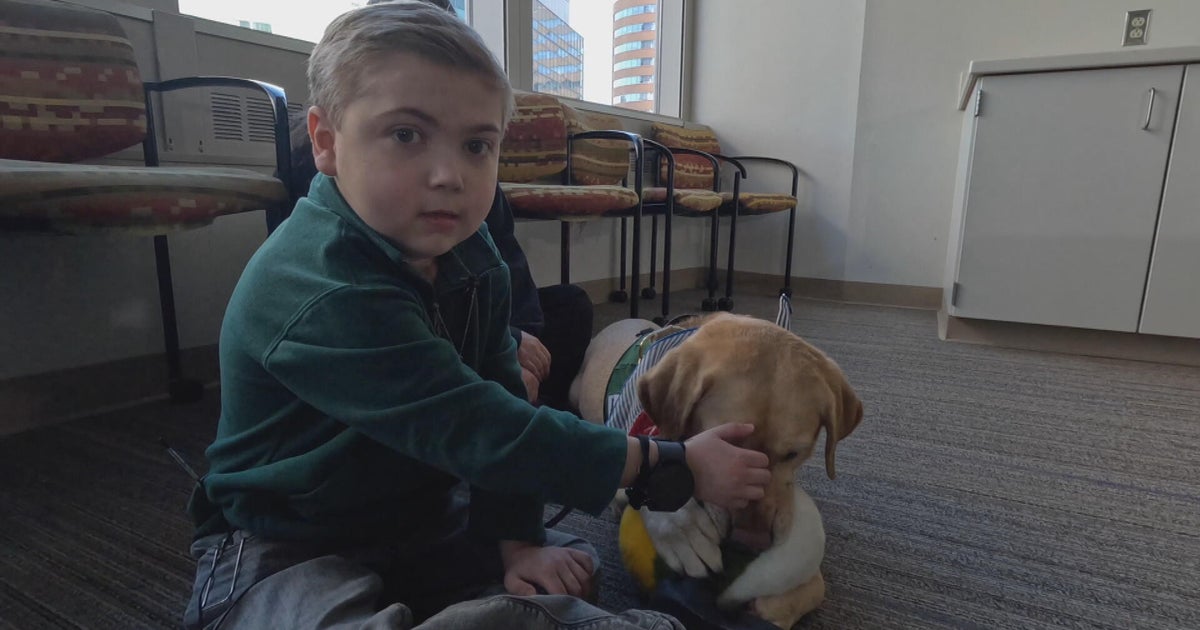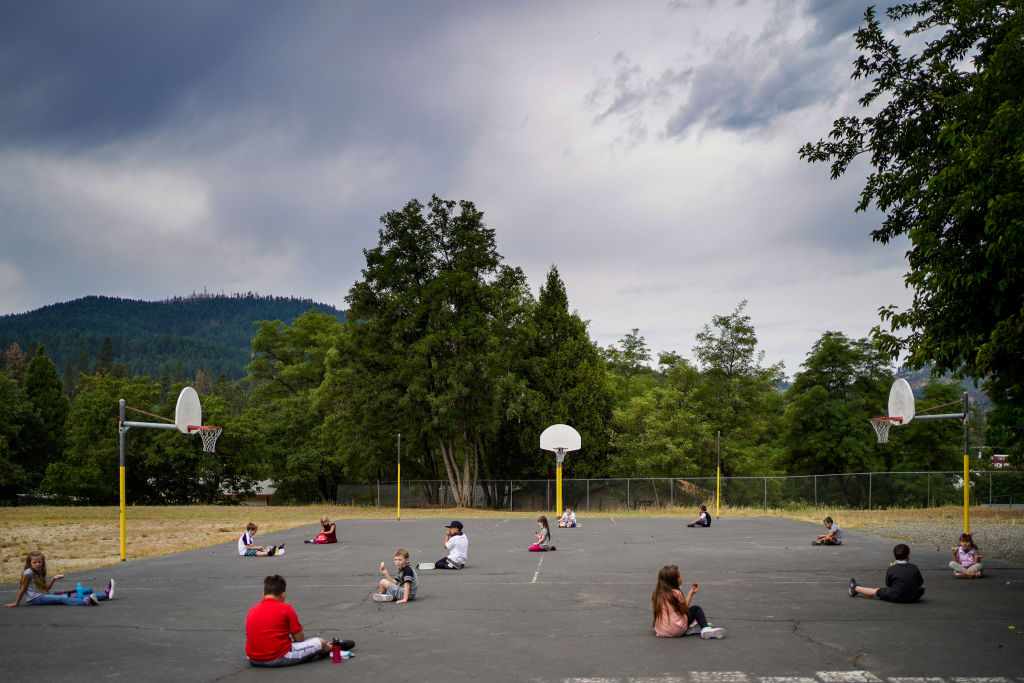Pediatrician says 80% of kids likely have coronavirus, but they're so asymptomatic you'd never know
The elderly and immunocompromised are most at risk of severe coronavirus complications, but over the last several weeks there's been growing evidence that younger, otherwise healthy people can also fall victim to the deadly virus. The Centers for Disease Control and Prevention reports that at least three children in the U.S. have died as a result of COVID-19 and that infants can be vulnerable to severe infections.
Dr. Dyan Hes, a pediatrician with New York City's Gramercy Pediatrics, spoke with CBSN's Anne-Marie Green and Vladimir Duthiers to break down how coronavirus can affect children and how families should handle the situation if their kids get sick.
"We have zero tests for children. We have zero swabs," she said. "I've had patients whose parents have COVID, child has a 102.5 fever. At the beginning when we were doing this, we were sending them to the ER. They got turned away. They were not tested because we do not have enough tests and the kids are doing well."
Due to that lack of testing, Hes says families should just assume their children have COVID-19 if they begin to show symptoms consistent with the virus.
"You won't know," she said. "If your child does have a low-grade fever right now and a cold, you have to assume that it's COVID because you're really not going to get tested in New York City. In other states, maybe you'll get tested. But in most places, we're saving the tests for the sickest."
So should you take a sick child to see their pediatrician? Hes says that's best avoided at the moment, and that many doctors are offering video consultations instead.
"The really only reason your child should be going to a physician at this point, aside from a vaccine visit, is if they're short of breath," she said. "If you're social distanced and your child has a fever, then somehow that child probably brought it into the house by playing with a neighbor or maybe when you went grocery shopping, you brought it in. But you just have to keep that child at home for 14 days. Socially distance. When they go back out, if they're above age 2, they should be wearing masks."
She notes that children under the age of 2 do not usually tolerate a mask.
A CDC report published April 6, entitled "Coronavirus Disease 2019 in Children," says, "Although most cases reported among children to date have not been severe, clinicians should maintain a high index of suspicion for COVID-19 infection in children and monitor for progression of illness, particularly among infants and children with underlying conditions."
Among the 149,082 confirmed U.S. cases of COVID-19 reported as of April 2, for which the patient's age was known, 2,572 — or 1.7% of the cases — were in children under 18 years old. Of the 745 cases in which data was available on whether or not the child was hospitalized, 147 children were reported to have been hospitalized, including 59 under the age of 1 year old.
The most common symptoms reported in pediatric patients were fever, cough, and in a smaller number, shortness of breath, the CDC said.
However, Dr. Hes believes the official numbers don't reflect the true scope of of the outbreak due to the lack of widespread testing.
"I don't mean to be rude, but the numbers are totally wrong," Hes said on CBSN. "I think that probably 80% of the children have coronavirus. We are not testing children. I'm in New York City. I can't get my patients tested. And we have to assume, if they are sick, they have coronavirus. Most of them, probably 80 to 90% of them, are asymptomatic. So, these numbers are so skewed. I think that the mortality rate is way, way less than 0.5% for children who have it because it is so prevalent. You have to remember thousands of kids die from flu a year. This is much, much less virulent in children."
The greater danger, she argued, was that all of these asymptomatic children could potentially infect others who are at higher risk.
"The problem with children is that they are so asymptomatic that they are spreading it. And our biggest mistake was that we didn't close the public schools when we should have," said Hes. "So the children were the vectors to the teachers, who might be elderly or immunocompromised. They might have diabetes or cancer, but they still had to come to work every day. They still had to take the subway every day."
On Monday, the New York City Department of Education announced that 21 teachers have died as a result of coronavirus. The CDC report acknowledges the role that children with only mild or no symptoms may have played in the transmission of COVID-19.
"Because persons with asymptomatic and mild disease, including children, are likely playing a role in transmission and spread of COVID-19 in the community," the report reads, "social distancing and everyday preventive behaviors are recommended for persons of all ages to slow the spread of the virus, protect the health care system from being overloaded, and protect older adults and persons of any age with serious underlying medical conditions."
To keep children healthy while school's out, the CDC recommends cleaning their hands often with soap and water, disinfecting high-touch surfaces daily and laundering items like washable plush toys. In-person playdates with children from other households are to be avoided and trips to see grandparents should be postponed. If your child begins to exhibit any symptoms like fever, cough or shortness of breath, call their doctor immediately, keeping your child at home and away from others as much as possible.
